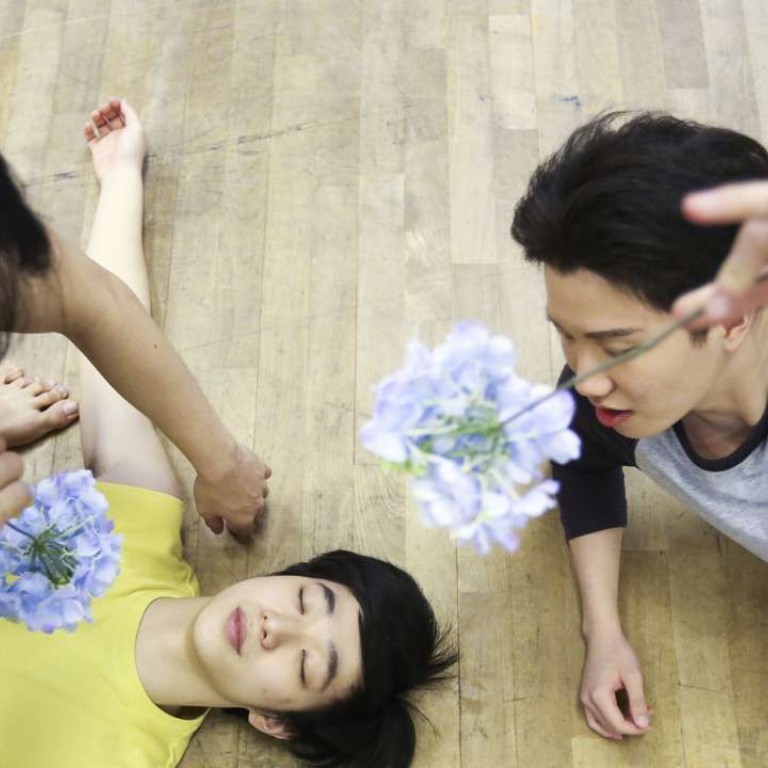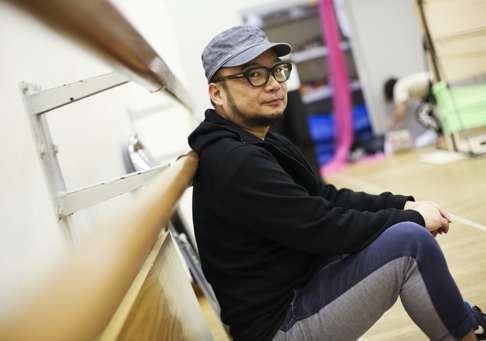
Hong Kong to see Twelfth Night and A Midsummer Night’s Dream in Cantonese
Contrasting Shakespeare adaptations marking 400th anniversary of his death to be presented by students and staff of the Hong Kong Academy for Performing Arts, starting this month
A new generation of drama students at the Hong Kong Academy for Performing Arts are preparing their versions of Twelfth Night and A Midsummer Night’s Dream. To be performed on selected days from April 27 to May 14, neither of the two Cantonese productions stick to the original script.
Twelfth Night uses the 1986 translation by Rupert Chan Kwan-yiu, who changed the setting to Tang dynasty China and liberally adapted the text by including poems inspired by Tang classics.

Asian dramatists keep Shakespeare’s plays alive in infinite ways 400 years on
Wong says he prefers to avoid literal translations of Shakespeare that result in the use of classical Chinese.
“The text is important, of course. After all, the wonderful images and similes are all in the lines. But my feeling is that translating the exact poetry of the original is very difficult for any non-English production, so it’s best not to try. So lines do not have to rhyme in my version, and there’s a lot of physical theatre, which helps bring out the dream/nightmare and love/hate qualities in the play,” he says.
However, Roy Szeto, the senior lecturer directing Twelfth Night, says he loves the classical Chinese in Chan’s script, which Chung Ying Theatre commissioned for a 1989 performance.
Titled Yuen Siu in Chinese (referring to the festival known as Chinese Valentine’s Day),the play made a strong impression on Szeto when he first saw it as a teenager.

The two lecturers believe both plays challenge the student performers like no contemporary play.
“Shakespeare’s text is so dense and so rich that it is very hard to convince the audience that the character really wants to say all those things. That’s what takes a lot of training. Also, there is hardly any pausing,” Wong says. “His plays are very different from modern plays by the likes of Eugene O’Neill and Henrik Ibsen, where people pause, and talk in a very straightforward manner.”
Local actors often find it hard to understand Shakespeare’s works, even in fundamentally altered forms such as Chan’s adaption.
Szeto believes adaptations such as Chan’s rewriting of Twelfth Night are necessary to make Shakespeare more accessible to local audiences. “There are a lot of nature metaphors, for example. The moon, the grass, the birds. These are quite difficult for Hong Kong people to grasp,” he says.

